How Glasgow is beating knife crime
The Scottish city launched a pioneering initiative after being branded murder capital of Europe in 2005

A free daily email with the biggest news stories of the day – and the best features from TheWeek.com
You are now subscribed
Your newsletter sign-up was successful
The “excellent” work of police and other agencies in driving down knife crime in Glasgow and other Scotland cities was praised by Theresa May this week.
The prime minister told the Commons that Scotland’s public health approach to reducing knife crime will form part of the UK government’s response to the soaring number of young stabbing victims across England.
Yet it is less than 15 years since Glasgow was branded the murder capital of Europe by the World Health Organization. In 2004-05, there were “137 homicides (which include murder and culpable homicide figures) in Scotland - in Glasgow, there were 40 cases alone, double the national rate”, reports the BBC.
The Week
Escape your echo chamber. Get the facts behind the news, plus analysis from multiple perspectives.

Sign up for The Week's Free Newsletters
From our morning news briefing to a weekly Good News Newsletter, get the best of The Week delivered directly to your inbox.
From our morning news briefing to a weekly Good News Newsletter, get the best of The Week delivered directly to your inbox.
By 2016-17, the number of people admitted to Glasgow’s hospitals with slashes and stab wounds had fallen by 65%.
So what happened?
What did Glasgow do?
Glasgow police set up a Violence Reduction Unit (VRU) in 2005 as part of a nationwide scheme aimed at stemming the tide of knife crime. The initiative takes a “public health approach” to violence, treating it like a disease and dealing with the causes rather than the symptoms.
A free daily email with the biggest news stories of the day – and the best features from TheWeek.com
Police work with teachers, social and health workers to collate and share knowledge of people involved in gangs.
Officers found that “Glasgow’s roughest areas were also its poorest, with the highest rates of addiction, domestic abuse and teenage pregnancy”, says The Economist.
Dr Christine Goodall, director of Glasgow-based charity Medics Against Violence, told The Guardian: “It’s absolutely not just a policing issue, it involves everybody - schools, communities, hospital, prisons, and we work in workplaces as well.”
Goodall says that a key part of tackling the issue is to educate young people, who “carry with them a lot of myths about the safety of violence”, about the reality of knife crime and its dangers.
However, some commentators argue that this holistic approach has not been the sole main driver of the fall in knife crime.
Last year John Carnochan, co-director of the Scottish Violence Reduction Unit, a national centre of expertise in tackling violence, told reporters that while prevention was a major part of the project, criminal justice “still needed to be there and seen to be done swiftly”.
“Sometimes it gets portrayed that we didn’t do that. But we increased stop and search, we spoke to the government and they changed the legislation to increase the sentence for carrying a knife. Things were bad and we needed to demonstrate we were serious,” Carnochan said.
Would it work in England and Wales?
Those south of the border “are taking a keen interest in Glasgow’s success”, says The Economist. Knife crime in England and Wales has risen by 54% over three years, and the murder rate in London is at its highest point in decades.
Metropolitan Police Commissioner Cressida Dick, London Mayor Sadiq Khan and Labour leader Jeremy Corbyn have all gone to Carnochan for advice, but according to The Spectator, he found them to be bad listeners. “I don’t think they were happy to hear that stop and search is an integral part of stopping knife crime,” Carnochan said.
Scotland’s former chief medical officer, Sir Harry Burns, told The Economist that the greatest feat achieved in Glasgow had been giving young people a sense of purpose and hope.
That theme was picked up by a 19-year-old south London man interviewed by HuffPost as part of an investigation into what teenagers think should be done to tackle the knife crime epidemic in the English capital.
“Nowadays, there aren’t many youth clubs for people to go to. If there were more a lot of young people wouldn’t be on the streets and getting up to things they shouldn’t be,” he said.
“Do you see all of those fancy, luxury buildings that are popping up left, right and centre? The money and space spent on that can go towards building more youth clubs - more of those are needed.”
Penelope Gibbs, director of campaign group Transform Justice, is calling for the launch of a London initiative to “offer these boys a different aspiration just as the Glasgow authorities did”.
In an article in London Evening Standard last year, she wrote: “The provision of treatment for trauma, training opportunities, and jobs may seem like soft justice. But prison is a dead end. We need practical, common-sense solutions if we are to stem the flow of bodies.”
-
 The EU’s war on fast fashion
The EU’s war on fast fashionIn the Spotlight Bloc launches investigation into Shein over sale of weapons and ‘childlike’ sex dolls, alongside efforts to tax e-commerce giants and combat textile waste
-
 How to Get to Heaven from Belfast: a ‘highly entertaining ride’
How to Get to Heaven from Belfast: a ‘highly entertaining ride’The Week Recommends Mystery-comedy from the creator of Derry Girls should be ‘your new binge-watch’
-
 The 8 best TV shows of the 1960s
The 8 best TV shows of the 1960sThe standout shows of this decade take viewers from outer space to the Wild West
-
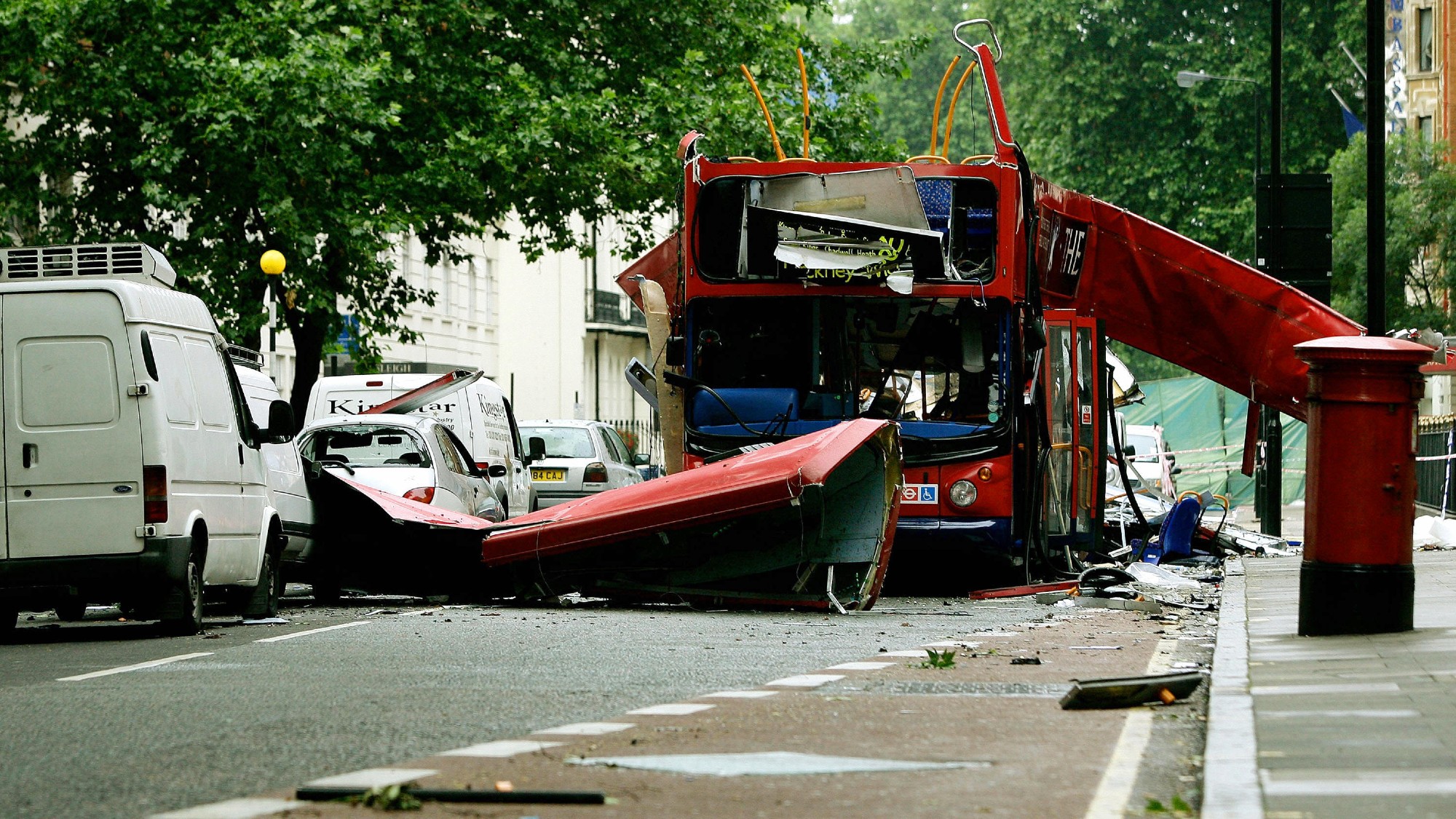 The failed bombings of 21/7
The failed bombings of 21/7The Explainer The unsuccessful attacks 'unnerved' London and led to a tragic mistake
-
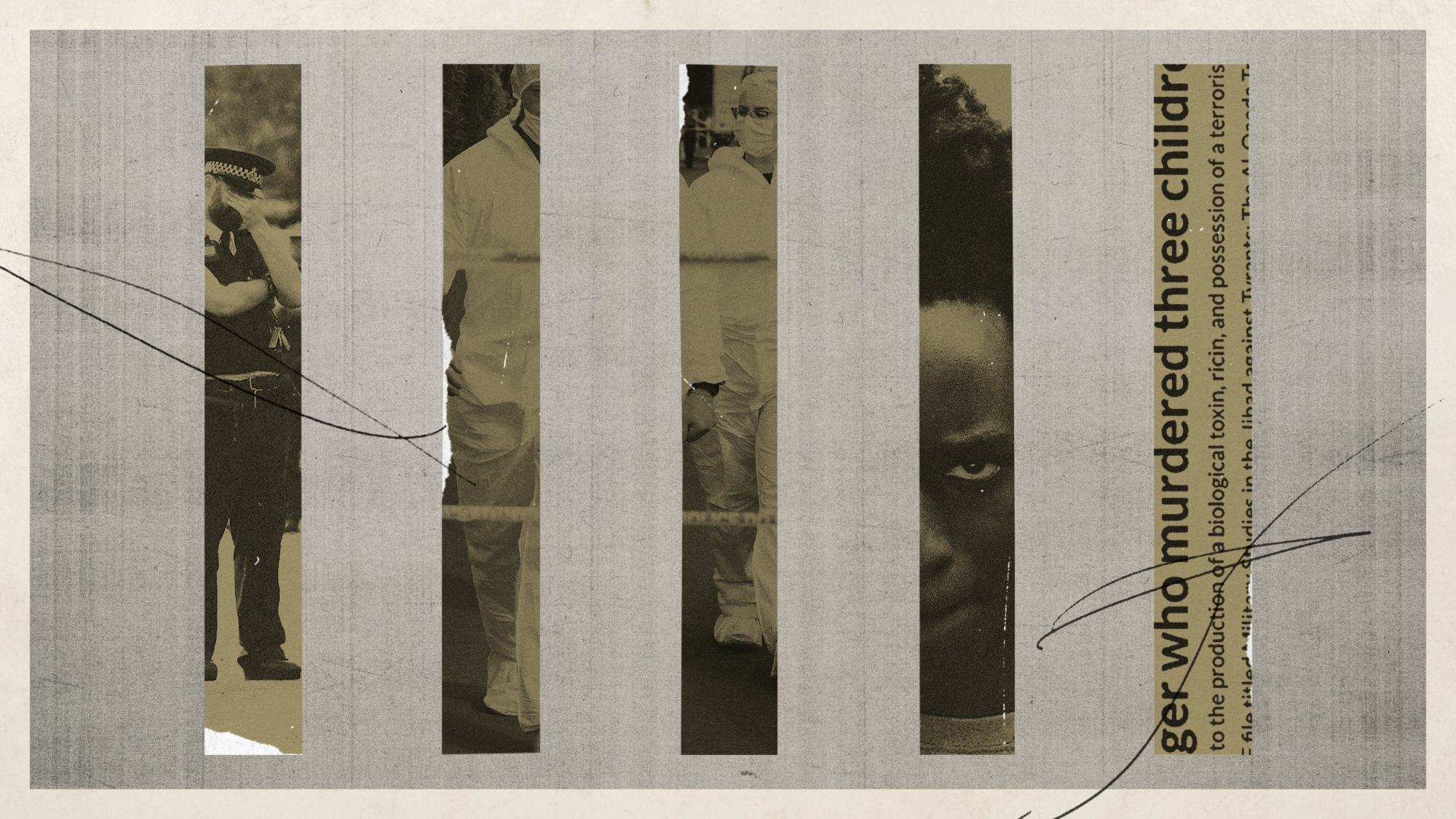 Axel Rudakubana: how much did the authorities know about Southport killer?
Axel Rudakubana: how much did the authorities know about Southport killer?Today's Big Question Nigel Farage accuses PM of a cover-up as release of new details raises 'very serious questions for the state about how it failed to intervene before tragedy struck'
-
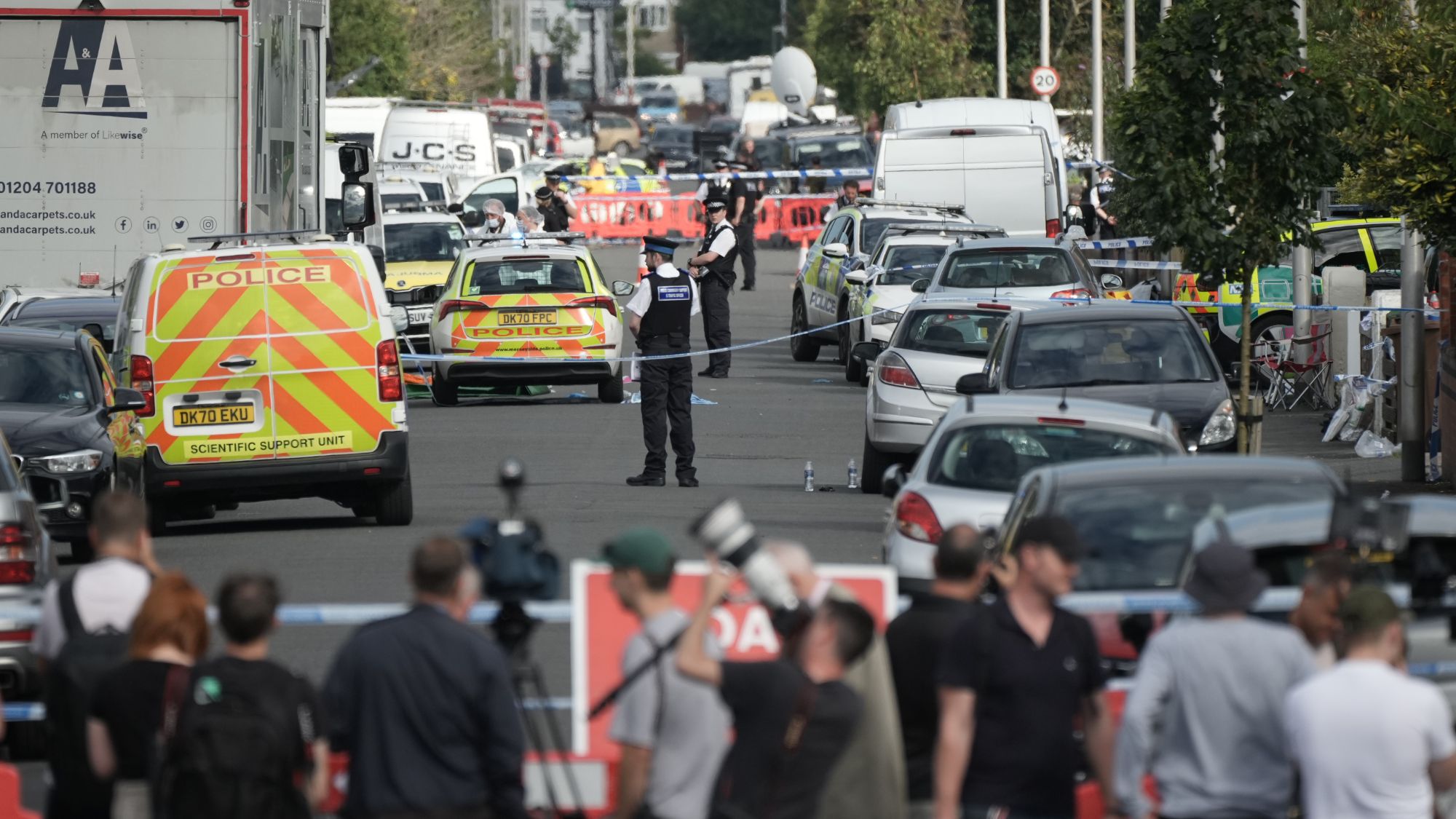 Southport knife attack: third child dies of injuries
Southport knife attack: third child dies of injuriesSpeed Read Taylor Swift shares her condolences after young fans targeted at pop-themed dance class
-
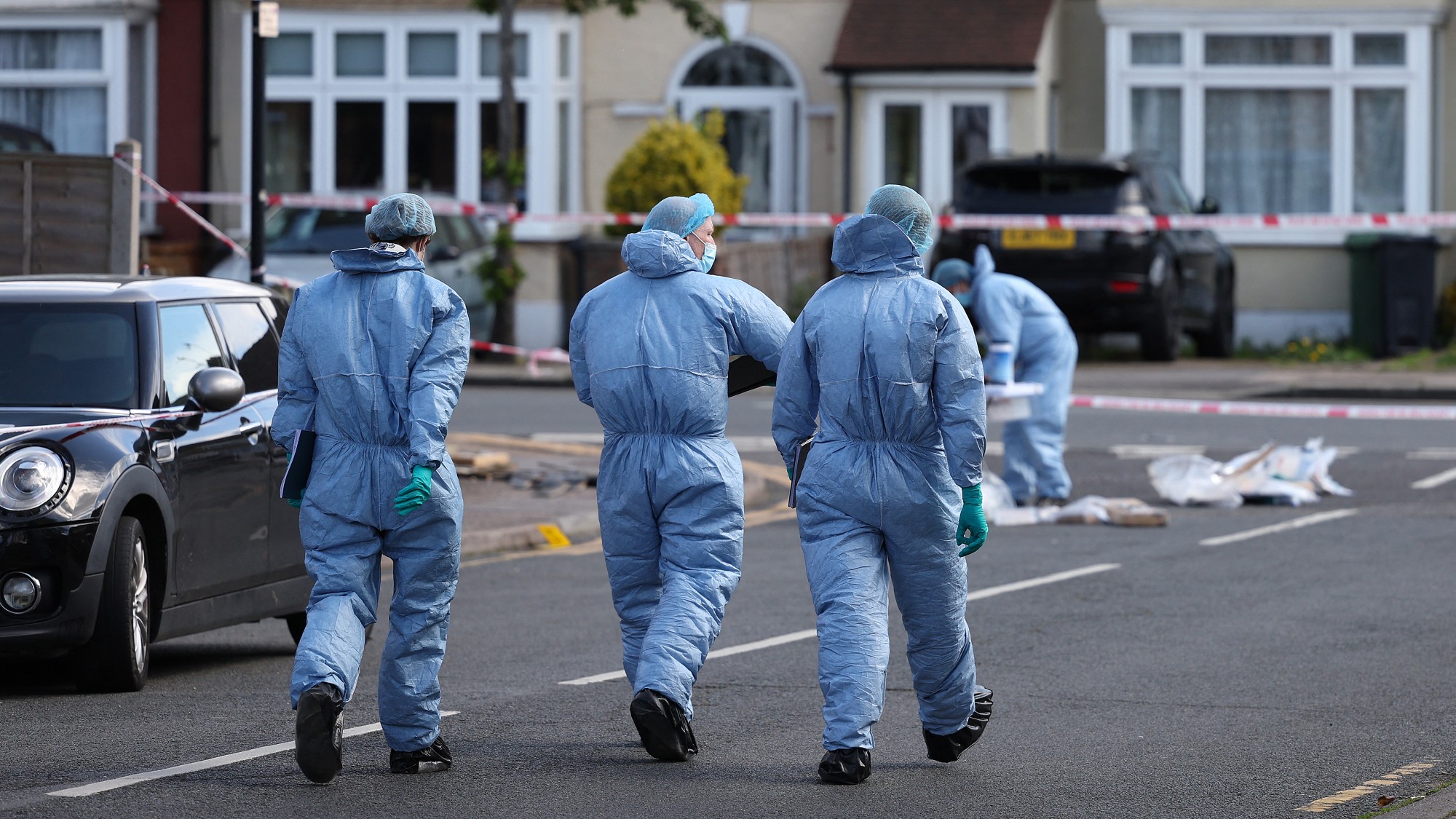 Hainault sword attack: police hunt for motive
Hainault sword attack: police hunt for motiveSpeed Read Mental health is key line of inquiry, as detectives prepare to interview suspect
-
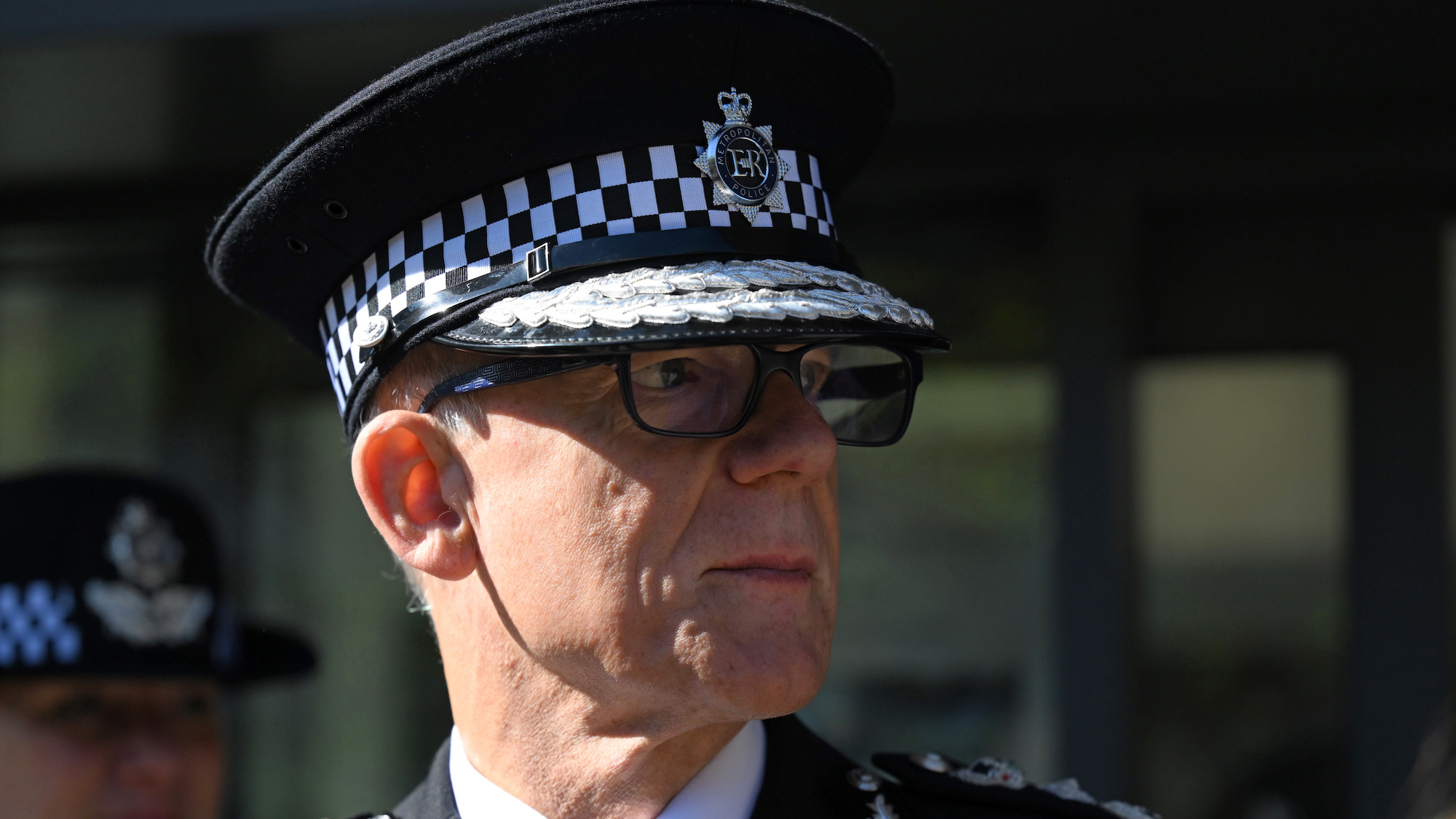 Can the Met Police heal its relationship with the Black community?
Can the Met Police heal its relationship with the Black community?In depth Police chiefs accused of not doing enough to address reported institutional racism
-
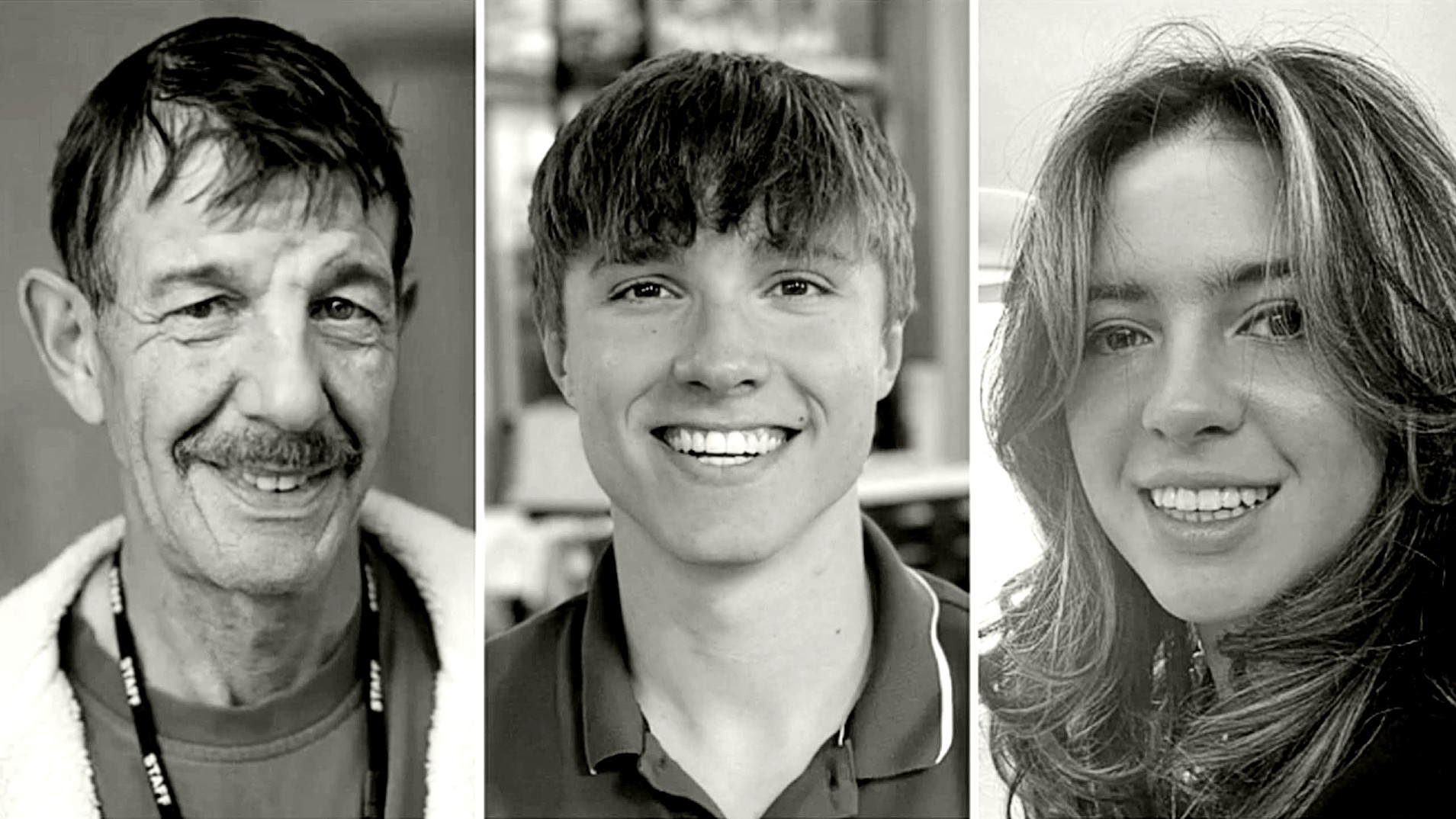 Nottingham attacks: was justice served?
Nottingham attacks: was justice served?Talking Point Mother of victim says she was 'foolish to trust legal system' as killer Valdo Calocane is sent to high-security hospital
-
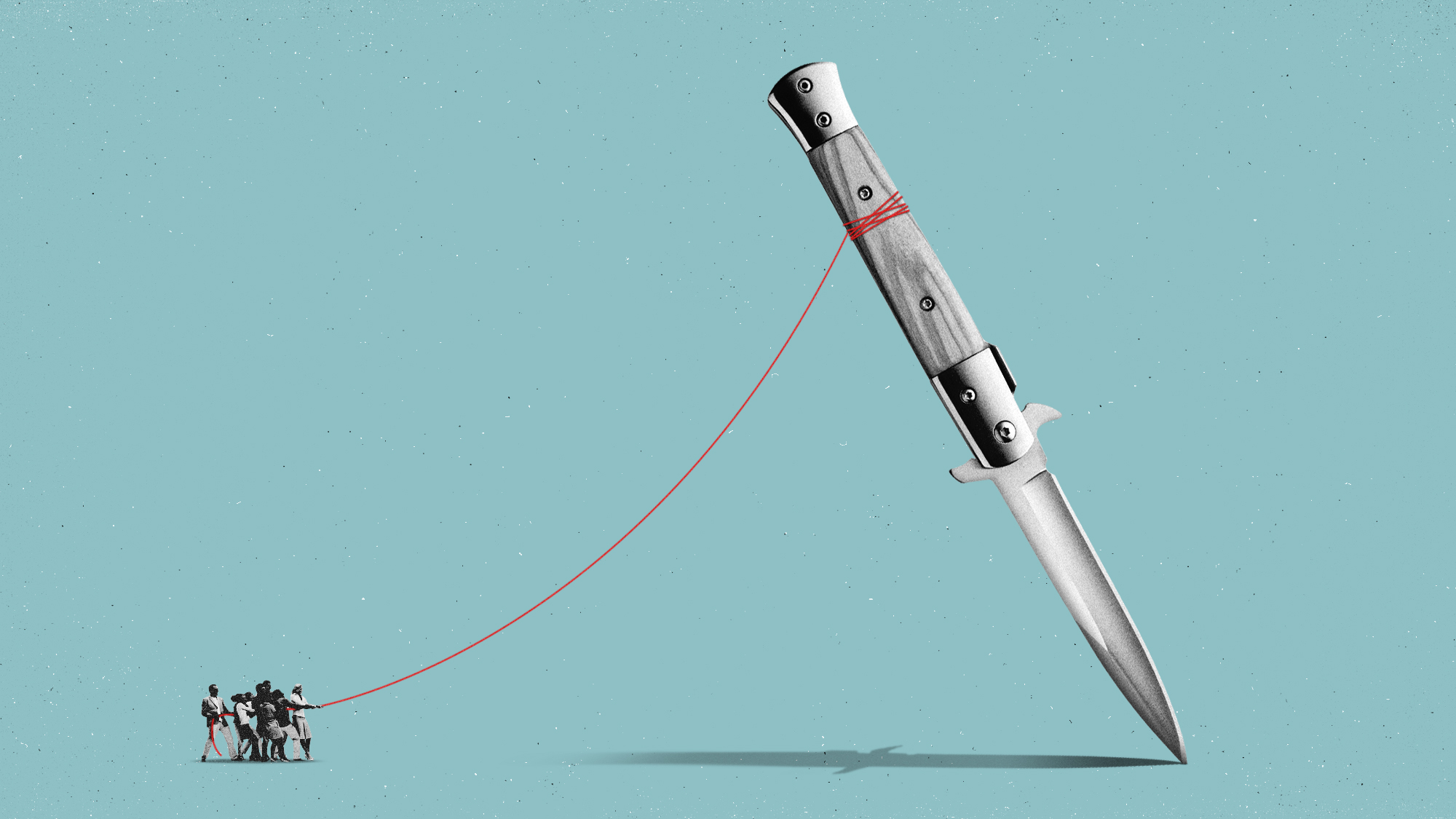 Can the UK's knife crime 'epidemic' be tamed?
Can the UK's knife crime 'epidemic' be tamed?Today's Big Question Fatal stabbings are on the rise but campaigners are divided over punitive threats vs. public health interventions
-
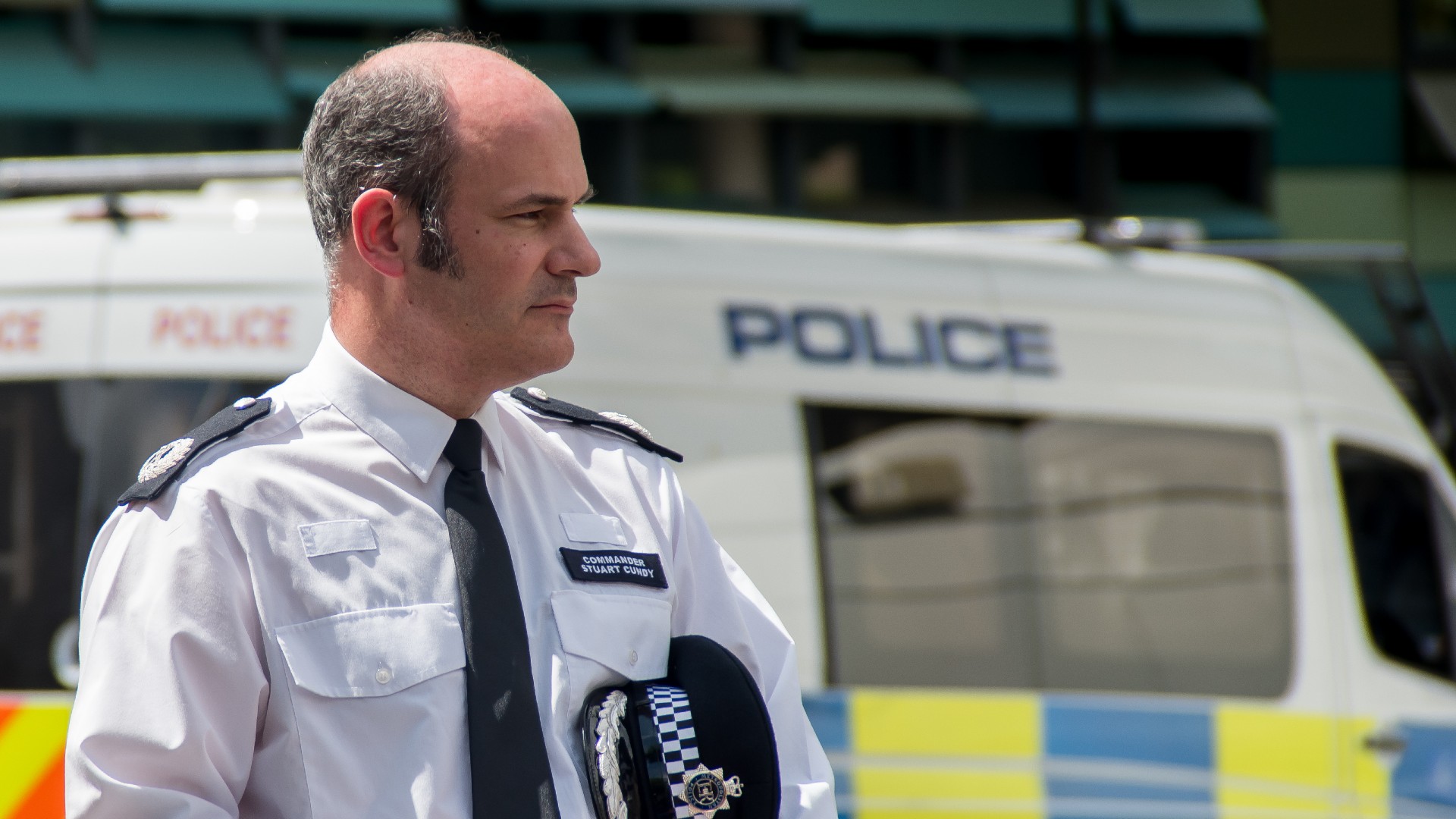 Met Police clean-up: more than 1,000 officers suspended or on restricted duties
Met Police clean-up: more than 1,000 officers suspended or on restricted duties'Eye-watering' figures show scale of challenge to restore public trust